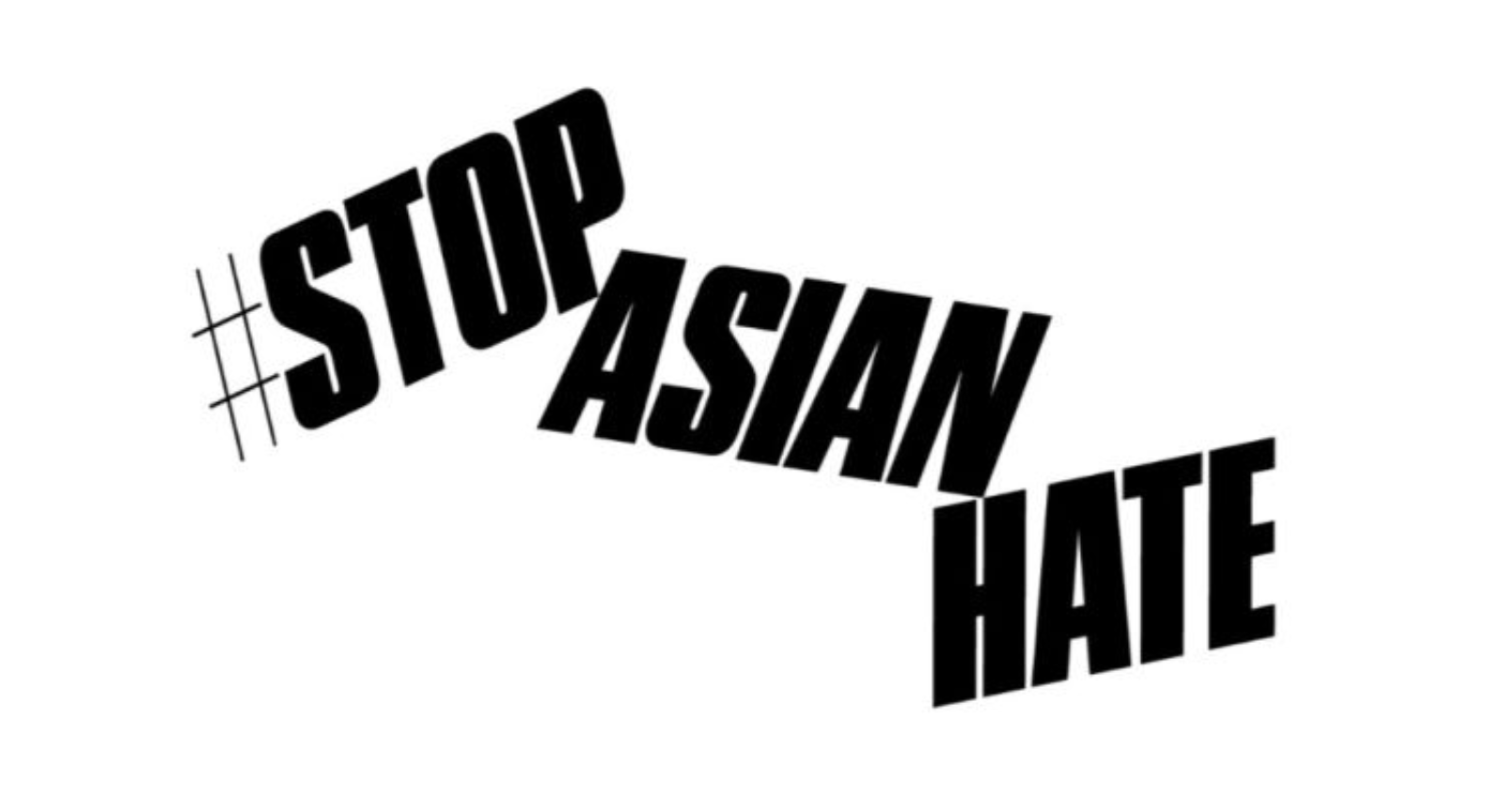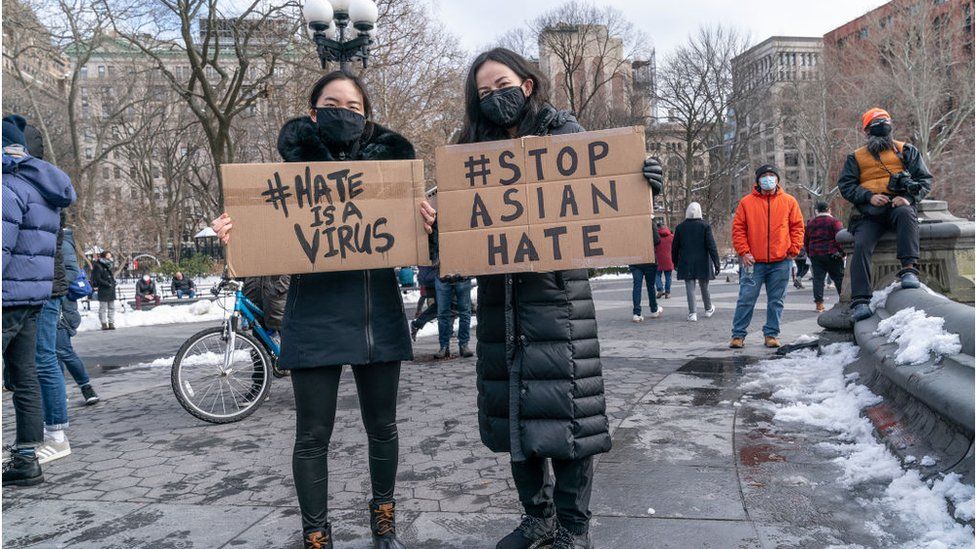How You Can Help #StopAsianHate
by HULA on Apr 16, 2021
Being a proud Hong Kong-based and Asian founded company, it is very hard for us all to overlook the hate crimes being committed in the US, against those of Asian descent. Although we are lucky to be situated in Hong Kong, where racially motivated violence is significantly lower, we feel that is it our duty to stand with the Asian community and against racial discrimination -- from an institution to a personal level. Here's a summary of what had happened and how people outside of the States can help.
Nearly 3,800 anti-Asian hate incidents were reported over the course of roughly a year during COVID, a significantly higher number than late year's 2,600 nationwide over the last five years. One of the latest painful incidents marked the death of 6 Asian-American women, who were killed at three spas on March 16.View this post on Instagram
How to Help to #StopAsianHate
Through campaigns, advocacy and actions on social media, people including Phillip Lim, Opening Ceremony's Humberto Leon, and Carol Lim, Susie Bubble, Bryanboy and Eva Chen have come forward to support AAPI (Asian American and Pacific Islanders). Click below to learn more about the non-profit advocacy group.
Click here to donate to the AAPI Community Fund
If you still want to help via ways other than financial assistance, support the #StopAsianHate by reporting any instances of anti-Asian assaults and crimes with Stop AAPI Hate or a local group advocacy group. If you think your overseas friends need this information, support this movement by passing along this information to them. Staying informed and educated about the Asian communities and the long history of racism against Asians or Asian-Americans would be a great way to start understanding the current situation and help see through from everyday casual racism to the institutional and deadly consequences of racism. If you find yourself at odds with your friends or family who help perpetuate minority oppression -- no matter how small or harmless it may seem, politely address what was said and focus on sharing learning. Sadly, there is no easy way to take on such a heavy topic and sometimes deeply internalised biases, so expect a little pain and discomfort when you are working on improving yourselves and the ones around you.
Staying informed and educated about the Asian communities and the long history of racism against Asians or Asian-Americans would be a great way to start understanding the current situation and help see through from everyday casual racism to the institutional and deadly consequences of racism. If you find yourself at odds with your friends or family who help perpetuate minority oppression -- no matter how small or harmless it may seem, politely address what was said and focus on sharing learning. Sadly, there is no easy way to take on such a heavy topic and sometimes deeply internalised biases, so expect a little pain and discomfort when you are working on improving yourselves and the ones around you.
Visit the links below for some useful resources:
Act to Change: Anti-Racism Handbook
A History of Racial Injustice: White Mobs Attack Filipino Farmworkers in Watsonville, California













